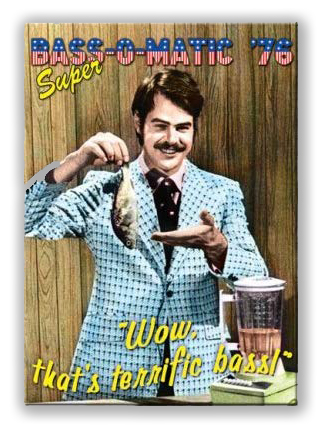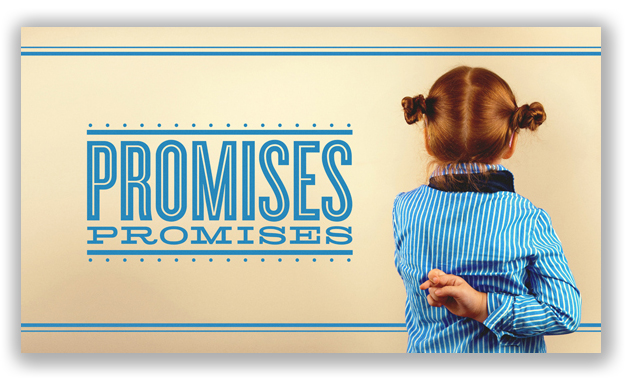We post news and comment on federal criminal justice issues, focused primarily on trial and post-conviction matters, legislative initiatives, and sentencing issues.

HAVE MERCY ON AN ORPHAN
Everyone has heard the one about the guy who killed his parents, and then asked the court for mercy because he was an orphan. That’s kind of what happened to Pasquale “Patsy” Rubbo.
 If you are of a certain age (that is, if you have Medicare card), you recall Dan Akroyd’s Bassomatic. Substitute pot scrubbing for fish cleaning, and you’d havePatsy’s invention, the “Scrubbieglove.”
If you are of a certain age (that is, if you have Medicare card), you recall Dan Akroyd’s Bassomatic. Substitute pot scrubbing for fish cleaning, and you’d havePatsy’s invention, the “Scrubbieglove.”
Patsy pled guilty to fleecing investors out of $6 million to market the Scrubbieglove, a cleaning sensation that did not do so well on the dishes, but cleaned out investors’ wallets slick as a whistle. The glove never made it to market, but the $6 million Patsy and his co-conspirators raised through fraud let them have one whale of a party for a few years.
Patsy signed a plea deal that contained a government promise to recommend a 20% reduction in his sentence in exchange for his cooperation. As well, Patsy promised not to appeal his sentence. But while he was released on bond prior to sentencing, he communicated with a known witness in the case, placing phone calls, exchanging email, and initiating wire transfers, all in an attempt to license the Scrubbieglove through the witness’s company.
 Patsy’s actions violated the conditions of his bond, which prohibited him from contacting victims or witnesses. Patsy told the government of neither the witness contacts nor his efforts to license the Scrubbieglove rights.
Patsy’s actions violated the conditions of his bond, which prohibited him from contacting victims or witnesses. Patsy told the government of neither the witness contacts nor his efforts to license the Scrubbieglove rights.
When the government found out, it only recommended a 15% downward departure in Patsy’s sentence instead of the 20% departure anticipated in the plea agreement.
In response to the government’s refusal, Patsy appealed. As for the plea agreement, he claimed the government breach of its 20% pledge relieved him of his appeal waiver.
Last week, the 10th Circuit pitched Patsy’s appeal. The Circuit said the agreement obligated Patsy to cooperate with the government on any matter under investigation. Because he tried to license the Scrubbieglove – “the product at the center of the government’s case” – and withheld the information from the government, Patsy had breached his promise.
 The government agreed to move for a reduction as long as Patsy’s cooperation was full and truthful. The agreement stated the government expected to recommend a 20% departure “based on the facts known to the government as of the date of the Plea Agreement.” Thus, the 10th ruled, “the express language shows the government did not unequivocally promise to recommend a departure of a certain percentage… The government unsurprisingly determined that Defendant’s conduct warranted a reduced departure recommendation. Given that Defendant withheld information relating to the government’s investigation, it did not breach the Plea Agreement by recommending a 15% departure at sentencing.”
The government agreed to move for a reduction as long as Patsy’s cooperation was full and truthful. The agreement stated the government expected to recommend a 20% departure “based on the facts known to the government as of the date of the Plea Agreement.” Thus, the 10th ruled, “the express language shows the government did not unequivocally promise to recommend a departure of a certain percentage… The government unsurprisingly determined that Defendant’s conduct warranted a reduced departure recommendation. Given that Defendant withheld information relating to the government’s investigation, it did not breach the Plea Agreement by recommending a 15% departure at sentencing.”
The government did not breach the agreement. Thus, Patsy was not relieved of the obligation not to appeal.
United States v. Rubbo, 2020 U.S. App. LEXIS 2503 (10th Cir Jan 27, 2020)
– Thomas L. Root

